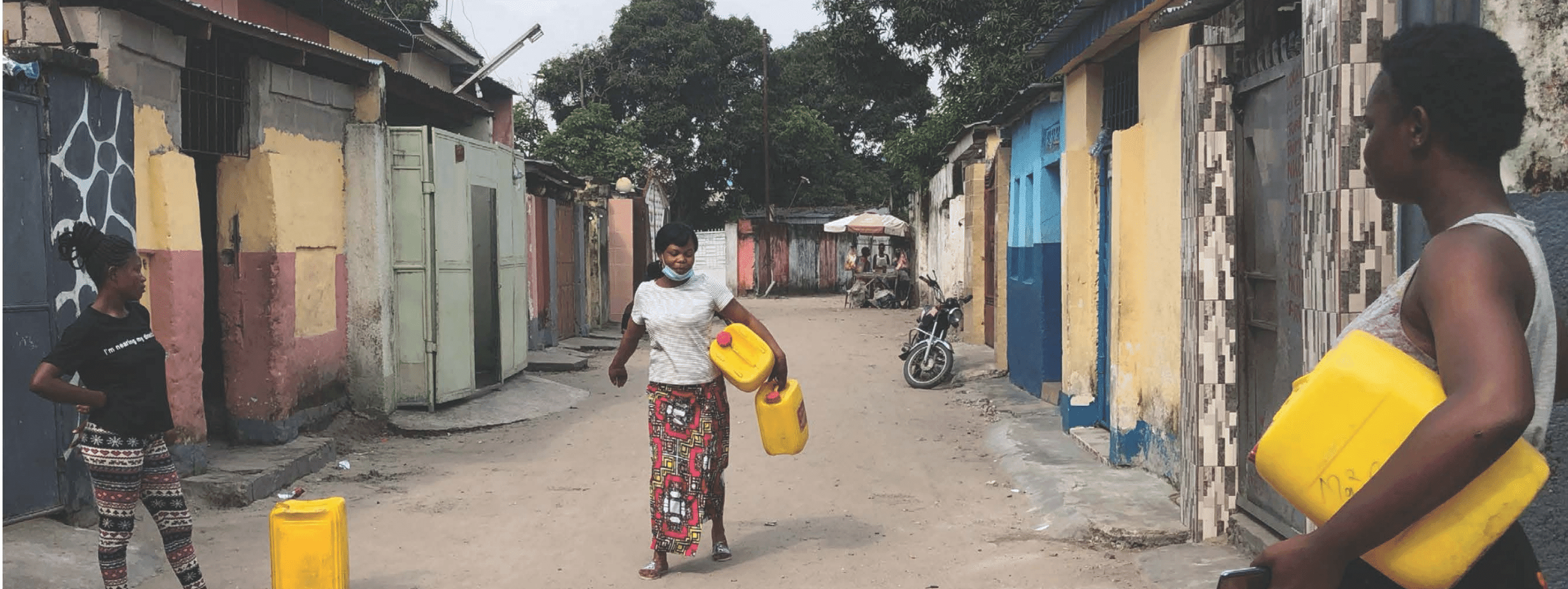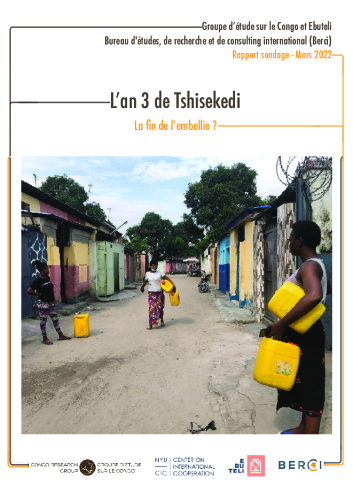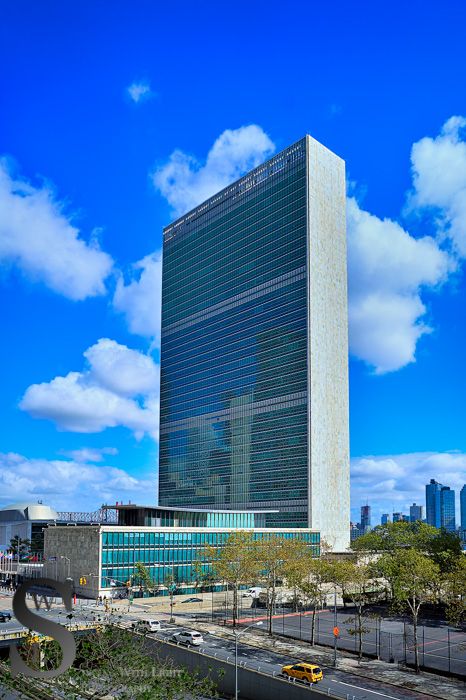This new poll report published by the Congo Research Group (CRG) and Ebuteli, its research partner in the Democratic Republic of Congo, in collaboration with the Bureau d’études, de recherche et de consulting international (BERCI), reveals a growing popular mistrust of elected representatives, including the government and the opposition. The decline in President Félix Tshisekedi’s popularity has not benefited his potential competitors in the next presidential election, expected in late 2023. Conducted in December 2021, this new opinion poll has recorded the lowest popularity rate for the current Congolese head of state since his arrival in power in 2019. Less than 30% of Congolese surveyed now say they have a positive opinion of the president of the republic.

This disappointment is also spreading to almost all of the country’s institutions. Nearly a year after its inauguration, the government of Jean-Michel Sama Lukonde has lost 20% in its favorability ratings. On the National Assembly, “our poll shows a disturbing trend in the perception of the oversight over the executive by the legislature: more than 65% of respondents believe that national deputies’ oversight of the government is ‘not at all effective’ or ‘non-existent.’ This trend calls into question the ability of the lower house of parliament to fully play its role as a check and balance on the executive branch,” said Joshua Walker, CRG director of programs. Even religious denominations have experienced a slight cooling of their support among the public. Foreign partners are also not immune to this trend.
This disappointment could be justified by the slow pace of reform. Only 45% of Congolese surveyed in December 2021 believe that the state of siege in Ituri and North Kivu is a good thing, compared to 63% three months earlier. The fight against corruption, another leitmotif of the government, is struggling to convince people of its effectiveness, even though Jules Alingete, Inspector General of Finance, is still more popular than any member of the executive.
“He has been very visible since the beginning of Tshisekedi’s term, with extensive media coverage. But many Congolese still feel that governance and the fight against corruption has not improved. The sanctions seem to be symbolic instead of a consistent and thorough approach to fighting corruption,” said Fred Bauma, executive secretary of Ebuteli.
In fact, there has been a substantial increase in indecision and uncertainty. While in March 2021, only 4% of Congolese polled said they did not have an opinion on President Tshisekedi, 28.4% are now undecided on the question. This could be explained, among other things, by the absence of a visible political alternative. The number of potential abstainers for the 2023 presidential election also remains worrying: only 43.6% of Congolese surveyed say they intend to vote.
Read the full report: L’an 3 de Tshisekedi: la fin de l’embellie? (French-only)



